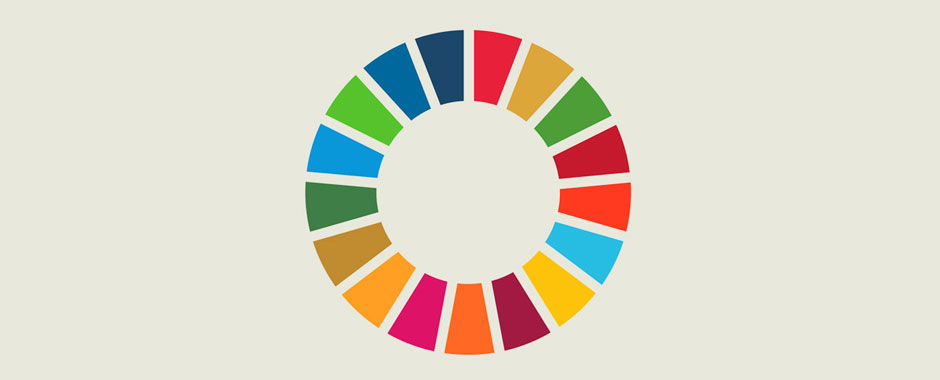The theme of this year’s High-level Political Forum on sustainable development is “Transformation towards sustainable and resilient societies.” The HLPF meets every year to review progress towards the Sustainable Development Goals. This year’s event runs from 9-18 July, with a ministerial meeting on 16-18 July.
The Sustainable Development Goals aim to be transformative: they focus on deep, systemic, interconnected problems. For example, water, energy, cities and consumption are linked. But how can they be transformed, what do different people want or need, and who decides?
Beyond the goals and their many targets, the SDGs could create political spaces for action. But for these to be transformative, they need to include different forms of knowledge, be sensitive to local differences, and take account of power.
The resources below draw on the STEPS Centre’s work to suggest how these transformations could be shaped in ways that benefit poor and marginalised people around the world.
Three areas for transformation
Context matters
Although the SDGs are global goals, they play out very differently in different places. For example, tackling climate change involves transforming energy systems. Centralised grids might work best for some places, but in remote regions, decentralised systems may work better. Technology and finance from outside may help, but local innovation systems should be nurtured too.
Values matter
‘Resilience’ and ‘sustainability’ are complex, contested terms. Exploring the values behind them, and different people’s perspectives and visions of the future, can result in better-informed decisions. As climate change and other agendas become more urgent, the pressure to close down to scalable, managerial and measurable ‘solutions’ will be more intense. Learning from people living with uncertainty, such as pastoralists or coastal communities, can help to design better approaches to resilience.
Choices matter
How the SDGs are pursued is a matter of political choice: who decides, what alternatives are suggested, and what knowledge is brought to bear. Power shapes all of these factors, so it’s important to support efforts to open up policy processes to make them more inclusive and transparent. In many countries, political spaces are shrinking, so agents of change need to connect in new ways to build solidarity and exchange ideas.
Explore the debate
To explore these issues, we’ve collected some recent materials from STEPS on the Sustainable Development Goals.
Blog: Democratizing public health and urban sustainability: how can nexus framings be useful?
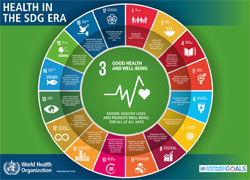 In this blog post, Saurabh Arora and Leandro Giatti explore the ‘nexus’ of connections between public health and urban development. They suggest how the ‘nexus’ perspective can help to highlight the multiple factors that affect people’s health, point to trade-offs or synergies between them, and involve social movements to explore solutions in more democratic ways.
In this blog post, Saurabh Arora and Leandro Giatti explore the ‘nexus’ of connections between public health and urban development. They suggest how the ‘nexus’ perspective can help to highlight the multiple factors that affect people’s health, point to trade-offs or synergies between them, and involve social movements to explore solutions in more democratic ways.
Achim Steiner on Sustainable Development and the Green Economy Agenda
In this 2017 STEPS Annual Lecture, Achim Steiner (Administrator of the United Nations Development Programme) explains how the SDGs can help to change the way we think about growth and prosperity, and outlines the opportunities for the global economy.
[embedyt] https://www.youtube.com/watch?v=ajQwBH27hJY[/embedyt]Blog: Forking the SDGs: How prototypes could transform the new global goals
 New technologies and ideas are often ‘prototyped’ at a small scale before they become widely adopted.
New technologies and ideas are often ‘prototyped’ at a small scale before they become widely adopted.
Adrian Smith asks what big institutions involved in the SDGs could learn from the prototyping of new innovations. Could the approaches involved help to transform the institutions themselves, from the inside out?
Feature: How are the Least Developed Countries defining a new sustainable development agenda?
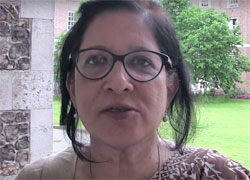 A roundup of insights from the LDC Independent Expert Group about how they interpret the challenges of resilience, low-carbon development, disabilities, well-being and the inclusion of their voices in high-level fora. The insights are drawn from a joint event with the LDC IEG, the International Institute for Environment & Development and the STEPS Centre.
A roundup of insights from the LDC Independent Expert Group about how they interpret the challenges of resilience, low-carbon development, disabilities, well-being and the inclusion of their voices in high-level fora. The insights are drawn from a joint event with the LDC IEG, the International Institute for Environment & Development and the STEPS Centre.
Blog: How can we rethink access to technology?
 Access to affordable and clean energy (Goal 7) is a major challenge for the SDGs. More widely, technology is seen as essential in tackling poverty – but can also bring unforeseen challenges. In this blog post, STEPS members explore how to look at the invisible histories and connections in technology, and how it can reinforce or challenge social inequality.
Access to affordable and clean energy (Goal 7) is a major challenge for the SDGs. More widely, technology is seen as essential in tackling poverty – but can also bring unforeseen challenges. In this blog post, STEPS members explore how to look at the invisible histories and connections in technology, and how it can reinforce or challenge social inequality.
Publication: The many circuits of a circular economy
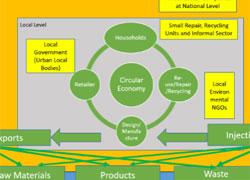 As consumption and waste increase, the ‘circular economy’ promises a way to create more sustainable cities. This working paper looks in depth at how this works in India, focusing on who does what in the circular economy, how materials flow, the formal and informal systems involved, and the impacts of techno-managerial solutions on vulnerable people.
As consumption and waste increase, the ‘circular economy’ promises a way to create more sustainable cities. This working paper looks in depth at how this works in India, focusing on who does what in the circular economy, how materials flow, the formal and informal systems involved, and the impacts of techno-managerial solutions on vulnerable people.
More resources on the SDGs
To find out more, browse our material on the Sustainable Development Goals and view the resources from the Institute of Development Studies and the Sussex Sustainability Research Programme.
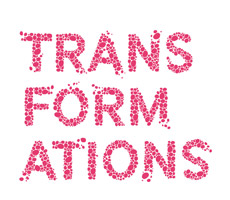 Faced with a series of social and environmental stresses and shocks, there are urgent calls for radical, systemic change. But, as past and present experience show, this can take many forms. What does it take to make sustainability transformations emancipatory (caring), rather than repressive (controlling)?
Faced with a series of social and environmental stresses and shocks, there are urgent calls for radical, systemic change. But, as past and present experience show, this can take many forms. What does it take to make sustainability transformations emancipatory (caring), rather than repressive (controlling)?
Find out more about our theme for 2018 on our Transformations theme page.
